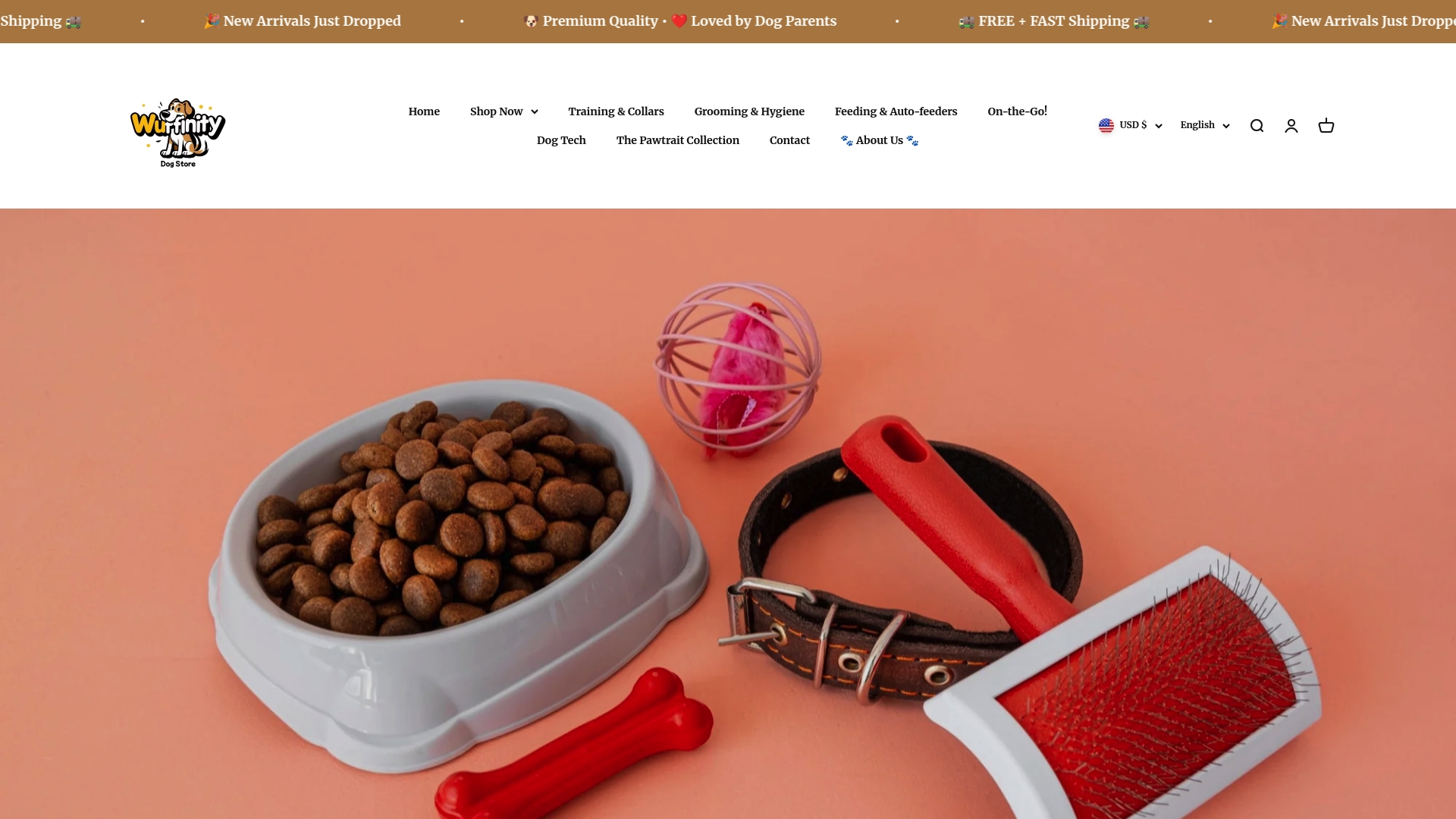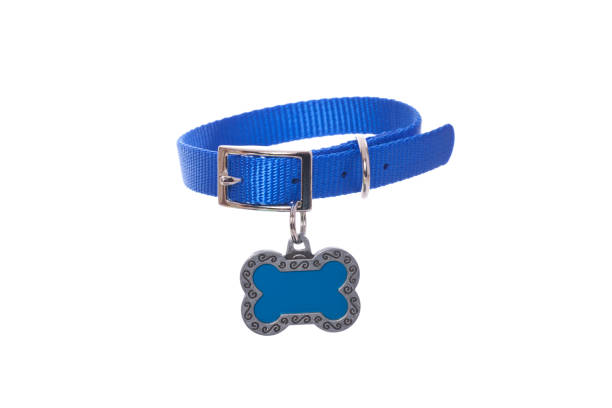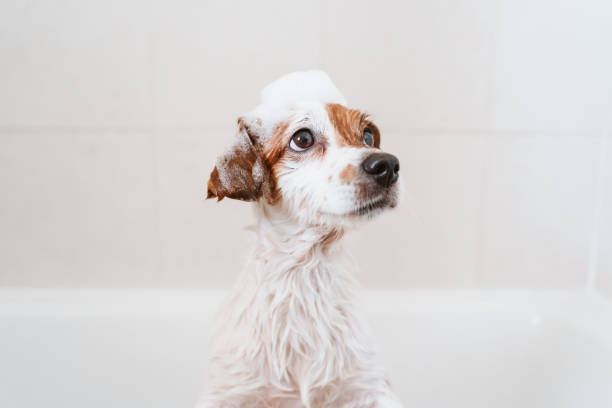Did you know that poodles rank among the top three smartest dog breeds in the world? People often think of them as pampered pets with impressive haircuts, yet these dogs have a long history filled with hard work and surprising adaptability. From their keen intelligence to their energetic nature, understanding poodles can help families choose a companion that brings both joy and adventure into daily life.
Table of Contents
- What Is a Poodle? Core Traits and Myths
- Poodle Types and Distinct Breed Variations
- Temperament, Intelligence, and Trainability
- Grooming, Health, and Maintenance Essentials
- Choosing Products and Accessories for Poodles
- Common Poodle Challenges and Care Mistakes
Key Takeaways
| Point | Details |
|---|---|
| Poodle Intelligence | Poodles are highly intelligent and adaptable dogs, excelling in various roles, from being family companions to service animals. |
| Grooming Requirements | Regular grooming is essential to maintain their low-shedding coat and prevent matting, requiring daily care and professional trims every 4-6 weeks. |
| Size Variations | Poodles come in three distinct sizes (Toy, Miniature, and Standard), each suited to different living environments while sharing core breed traits. |
| Active Lifestyle Needs | These dogs require consistent mental and physical stimulation, along with appropriate training methods that engage their intelligence and energy levels. |
What Is a Poodle? Core Traits and Myths
Poodles are far more than just elegant show dogs with stylish haircuts. According to Britannica, these intelligent canines were originally bred in Germany as water retrievers, boasting a fascinating history that goes well beyond their contemporary reputation. Their distinctive curly coat and remarkable versatility make them one of the most unique dog breeds in the world.
At their core, poodles are highly intelligent working dogs with exceptional athletic abilities. Purina highlights that despite their sophisticated appearance, poodles are incredibly active and thrive on physical engagement. They come in three distinct sizes that accommodate different living situations:
- Standard Poodles: Largest variant, originally used for hunting and retrieving
- Miniature Poodles: Medium-sized, perfect for active families
- Toy Poodles: Smallest size, ideal for apartment living
One of the most persistent myths about poodles is that they are delicate or high-maintenance pets. In reality, they are robust, intelligent dogs with a low-shedding coat that makes them excellent companions for individuals with allergies. Their remarkable adaptability means they excel in various roles - from service dogs to competitive athletes in dog sports. When properly trained and socialized, poodles demonstrate remarkable intelligence and an eagerness to please that sets them apart from many other breeds.
Additionally, their hypoallergenic coat requires regular grooming, which has contributed to their reputation for being somewhat prissy. However, this grooming need stems from their working dog heritage, where maintaining their coat was crucial for protecting them during water retrieval tasks. Today’s poodles continue to challenge stereotypes, proving they are much more than just a pretty face with an elaborate haircut.

Poodle Types and Distinct Breed Variations
Poodles are remarkable for their distinctive size variations, each offering unique characteristics while maintaining the breed’s core qualities. Britannica confirms that all three poodle sizes - standard, miniature, and toy - share identical appearance standards, including a well-proportioned body, long straight muzzle, and dense, curly coat.
Size Classifications are precisely defined. According to Purina, the poodle breed is categorized into three specific sizes:
- Toy Poodles: 10 inches or less in height
- Miniature Poodles: Between 10 to 15 inches tall
- Standard Poodles: More than 15 inches in height
Each size variation maintains the breed’s core characteristics of intelligence, athleticism, and adaptability. Standard poodles, the largest variant, were originally bred for hunting and water retrieval, making them excellent working dogs. Miniature poodles often excel in agility competitions and make fantastic family companions. Toy poodles, while small, are no less spirited and are particularly well-suited to apartment living and companionship roles.
Interestingly, despite their size differences, these poodle types are not separate breeds but rather size variations of the same breed. Each type undergoes the same rigorous breeding standards, ensuring consistent temperament, coat quality, and overall genetic traits.
Here’s a comparison of the three poodle size variations and their key characteristics:
| Poodle Type | Height | Typical Role or Environment |
Key Traits |
|---|---|---|---|
| Toy Poodle | 10 inches or less | Apartment living Companionship |
Small, spirited, adaptable |
| Miniature Poodle | 10 to 15 inches | Active families Agility sports |
Medium-sized, energetic, nurturing |
| Standard Poodle | Over 15 inches | Hunting, retrieving Working dog |
Large, athletic, intelligent |

Temperament, Intelligence, and Trainability
Purina describes poodles as incredibly smart and versatile athletes who thrive on mental and physical stimulation. Their exceptional intelligence sets them apart from many other dog breeds, making them not just pets, but true companions capable of complex interactions and learning.
The intelligence of poodles is scientifically recognized. According to research from ‘The Intelligence of Dogs’ by Stanley Coren, published on Wikipedia, poodles consistently rank among the most intelligent dog breeds. This exceptional cognitive ability manifests in several key areas:
- Obedience Intelligence: Quick to learn and follow commands
- Working Intelligence: Capable of complex task understanding
- Adaptive Intelligence: Problem-solving skills that exceed typical breed expectations
Their temperament is equally impressive. Poodles are known for being both sensitive and confident, forming deep bonds with their families while maintaining an independent spirit. They excel in various roles - from therapy and service dogs to competitive performers in obedience and agility competitions. Their adaptability means they can thrive in different environments, from apartments to large homes, provided they receive adequate mental and physical exercise.
Training a poodle is a rewarding experience that requires consistent, positive reinforcement. Their high intelligence means they get bored quickly with repetitive tasks, so owners must keep training sessions engaging and varied. Short, dynamic training periods work best, incorporating play and mental challenges that tap into their natural problem-solving abilities. This approach not only teaches them commands but also strengthens the human-dog bond, transforming training from a chore into an enjoyable interaction.
Grooming, Health, and Maintenance Essentials
Poodle grooming is a critical aspect of breed care that goes far beyond aesthetic preferences. Purina emphasizes that their unique low-shedding coat requires meticulous maintenance, with most owners recommending professional trims every four to six weeks to keep their coat healthy and manageable.
The grooming routine for poodles is comprehensive and involves several key elements:
- Daily Brushing: Prevents matting and distributes natural coat oils
- Regular Trimming: Maintains coat shape and prevents skin issues
- Professional Grooming: Recommended every 4-6 weeks for optimal coat health
Maintaining a poodle’s health extends beyond coat care. These dogs require comprehensive veterinary check-ups, balanced nutrition, and consistent exercise to prevent common breed-specific health challenges. Potential owners should be prepared for routine screenings for genetic conditions like hip dysplasia, eye disorders, and potential skin allergies. Early detection and proactive healthcare can significantly improve a poodle’s quality of life and longevity.
When it comes to grooming supplies, invest in high-quality tools specifically designed for curly-coated breeds. Explore our guide on dog grooming accessories to understand the essential items every poodle owner needs. From specialized brushes that prevent matting to gentle shampoos that maintain coat health, the right tools can transform grooming from a challenging task to a bonding experience with your intelligent, elegant companion.
Choosing Products and Accessories for Poodles
Purina emphasizes that poodles are active and intelligent dogs requiring specialized products that match their unique energy and cognitive needs. Selecting the right accessories isn’t just about functionality - it’s about supporting their mental stimulation and physical well-being.
For intelligent poodles, choose products that challenge and engage their active minds:
- Interactive Puzzle Toys: Stimulate problem-solving skills
- Durable Chew Toys: Prevent boredom and support dental health
- Training Clickers: Enhance obedience and mental engagement
- Agility Equipment: Support their natural athletic tendencies
Grooming tools are particularly critical for poodles, given their distinctive curly coat. Invest in high-quality brushes designed to prevent matting, professional-grade clippers for precise trimming, and gentle shampoos that maintain coat health. Check out our guide on essential dog travel accessories to ensure you’re prepared for adventures with your poodle, whether it’s a local park visit or a cross-country road trip.
When selecting collars, harnesses, and leashes, prioritize comfort and control. Poodles respond best to lightweight, adjustable gear that allows freedom of movement while providing secure handling. Consider their size variation - what works for a standard poodle might overwhelm a toy poodle - and choose accessories that complement their specific physical characteristics and energetic personality.
Common Poodle Challenges and Care Mistakes
Purina warns that one of the most critical challenges for poodle owners is coat maintenance. Neglecting regular grooming can quickly transform their beautiful curly coat into a tangled, painful mess that becomes increasingly difficult to manage.
The most common care mistakes poodle owners make include:
- Irregular Grooming: Skipping daily brushing leads to severe matting
- Inappropriate Trimming: Using incorrect grooming techniques damages coat health
- Underestimating Exercise Needs: Failing to provide mental and physical stimulation
- Inconsistent Training: Not leveraging their high intelligence for effective learning
Poodles are sensitive, intelligent dogs that require consistent, patient care. Their complex grooming needs mean owners must commit to regular maintenance - brushing daily and scheduling professional trims every four to six weeks. Without proper care, their coats can develop painful skin conditions, and their mental health can suffer from lack of engagement.
Learn about essential dog safety products to help prevent common health risks and ensure your poodle remains happy and healthy. Understanding these potential challenges allows owners to proactively address issues before they become serious, transforming potential problems into opportunities for deeper bonding and care.
Equip Your Poodle With the Best Care Products Today
Owning a poodle means embracing their intelligence, unique grooming needs, and active lifestyle. The challenges of maintaining that beautiful curly coat and providing the proper mental and physical stimulation are real pain points that every poodle owner faces. Whether it is daily brushing to avoid matting or selecting the right training tools to engage their sharp minds, the right products can transform grooming and care from a challenge into a joy.

Discover everything you need to support your poodle’s health and happiness at Wuffinity.store. From specialized grooming accessories that keep their coat flawless to interactive toys and athletic gear that channel their energy positively, you will find carefully curated solutions tailored to your poodle’s lifestyle. Don’t wait until grooming mistakes or boredom affect your companion’s wellbeing. Visit our store now and start giving your poodle the care they truly deserve.
Frequently Asked Questions
What are the different types of poodles?
Poodles come in three distinct sizes: Standard (over 15 inches tall), Miniature (10 to 15 inches tall), and Toy (10 inches or less). Each size shares the same characteristics of intelligence and adaptability, catering to different living situations and roles.
How often should I groom my poodle?
Poodles require regular grooming, including daily brushing to prevent matting and professional trims every four to six weeks to maintain coat health and shape. This routine helps keep their hypoallergenic coat manageable and healthy.
What types of products are best for poodle grooming?
Invest in high-quality grooming tools such as specialized brushes for curly coats, professional-grade clippers for trimming, and gentle shampoos to maintain coat health. Regular grooming supplies are crucial for keeping your poodle’s coat in optimal condition.
What are common challenges in poodle care?
Common challenges in poodle care include irregular grooming leading to severe matting, underestimating their exercise needs, and inconsistent training methods. It’s essential to provide adequate mental and physical stimulation to prevent behavioral issues.






0 comentarios